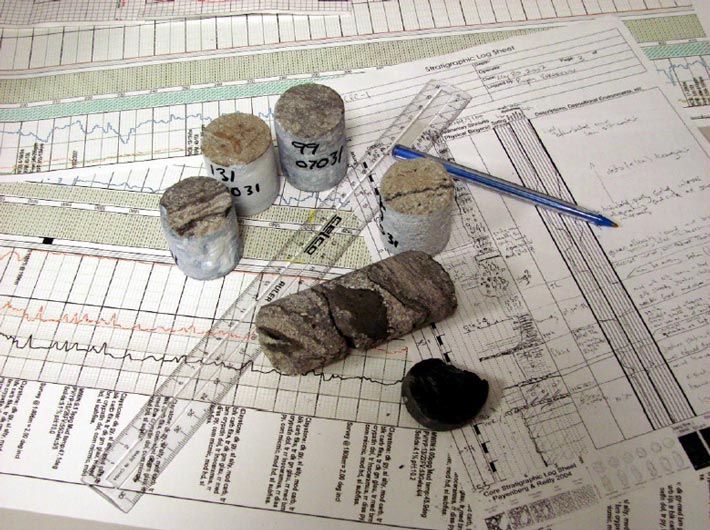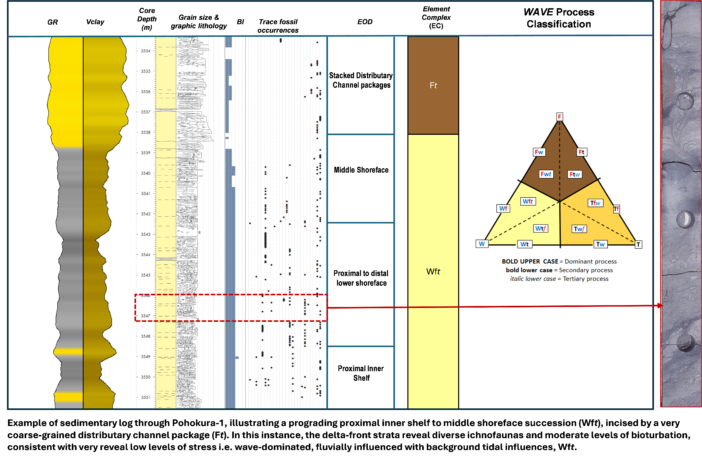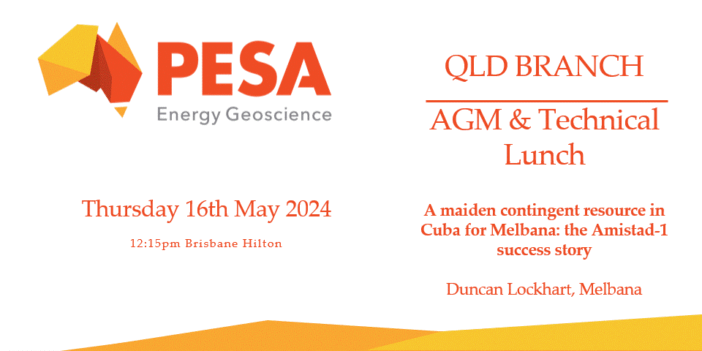PESA ETSIG/CSIRO CCS Knowledge Transfer Series: Installment 8
The PESA Energy Transition Special Interest Group (ETSIG), in conjunction with CSIRO, is running the “CCS Knowledge Transfer Series” which aims to cover geological and geophysical aspects of CCS, focusing on the differences from oil and gas operations.
Further information about the series can be found here:
https://pesa.com.au/events/etsig-csiro-ccs-knowledge-transfer-series/2023-09-05/
Kindly supported by:

This live webinar will take place at:
11am – Perth
12.30pm – Darwin, Adelaide
1pm – Brisbane, Canberra, Hobart, Melbourne, Sydney
Use the calendar link on this page to add this event in to your own calendar at the correct local time for your location.
Tickets are free for PESA members (please log in to see this), free for members of the AGA, SPE, AAPG (Asia-Pacific) and the EAGE (Asia-Pacific). Tickets for non-members are $10 per episode.
Please buy your tickets and immediately follow the link in the ticket e-mail (not the calendar invite or this webpage, which is just generic and not event specific) to set up your registration with the webinar software well in advance of the time of the talk. Once registered with the webinar software you will receive a reminder e-mail 1 hour beforehand.
CCS Knowledge Transfer Series: Installment 8
Geophysical Monitoring – What’s Different About CCS? – James Gunning (CSIRO)
Abstract
Monitoring of CO2 movement is a vital part of project execution, stakeholder engagement, and social licence to operate in CCUS projects. Monitoring obligations are challenging because the injected fluid is of negligible commercial value compared to hydrocarbons, whereas O&G operators in commercial fields have always the incentive of 4D monitoring to improve recovery, in contrast to the generally defensive function of CCUS monitoring. Monitoring programs for CCS are invariably under pressure over costs, mobilisation expenses, frequency of acquisition, and duration of obligations. This context provides incentives for lower cost methods, and methods that might use permanent sensors to reduce survey costs.
The laws of physics describing the expected changes in geophysical responses are the same for CO2 and hydrocarbons of course, but the unusual nature of CO2 at commercial depths makes its behaviour somewhat intermediate between methane and oil. Further, typical injection scenarios are very unlike hypothetical reverse gas production, and monitoring is typically focused on thin plumes driven predominantly by gravity forces. These factors make the surveillance of CO2 plumes often somewhat different in character to typical 4D oilfield workflows, in addition to the expectations of reduced surface footprint and acquisition costs. In this talk I aim to rehearse some of the basic facts controlling the expected effect of CO2 presence on elastic and electromagnetic properties. The resulting effect of these changes on
remotely detectable signals from controlled or passive sources will be discussed, with particular attention to seismic, our benchmark wavelike high-resolution method. I aim to illustrate the main findings using published results on well-known CCUS projects. In addition, a short survey of geophysical monitoring efforts using non-seismic methods, such as diffusive or potential-fields methods using electromagnetic responses or geomechanics, will further ornament the brief selection of published work.





